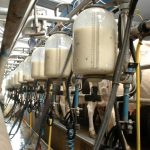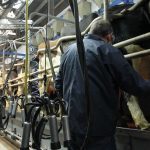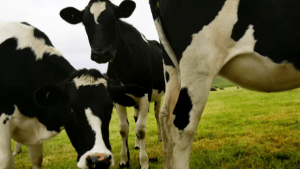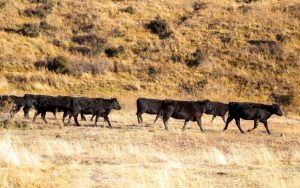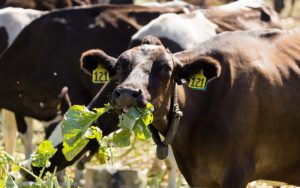
As a dairy farmer, one of the questions I get asked most often on social media is, why are dairy products so expensive in New Zealand?
Expensive relative to what, I ask? Butter, for example, is roughly the same price in New Zealand as every other dairy producing country in the world and significantly cheaper than in countries where it must be imported.
Liquid milk isn’t used as a loss-leader by supermarkets in New Zealand, unlike some countries where dairy farmers are paid less than the cost of production for it, and I suspect the answer to the price of block cheese can be found in the recent Commerce Commission report into how poorly served we are by our supermarket duopoly, a situation made worse through months of lockdown when they were not subject to any competition at all.
I do however have a solution; set up your own dairy processing facility and compete on the domestic market.
Fonterra is required by law under the Dairy Industry Restructuring Act (DIRA), to provide raw milk to new processors at a price that barely reflects the cost. They must do this until the new processor secures 30 million litres of their own supply per annum. There’s no need to try to convince dairy farmers to send you their milk, supply is guaranteed from the outset.
The government would be thrilled to see more domestic competition and I suspect anyone who committed to supplying the local market would find their resource consent process to be extremely smooth indeed.
There are 11 dairy processors in New Zealand and only three of them supply dairy products to the domestic market in any significant way; Fonterra, Goodman Fielder and, very recently, Synlait. Of course, Goodman Fielder do this using Fonterra milk sourced under DIRA, despite having had 21 years to set up their own supply chain.

Any other processor who has product on the domestic market is filling a niche, I have yet to see anyone complaining about the price of Lewis Road or Westgold butter, or Tatua’s excellent proprietary cream in a can.
A processor setting up shop in New Zealand to supply the domestic market will never happen because, despite the perception retail dairy products are expensive, there’s far more money to be made in the export market.
There’s also no truth to the theory that Fonterra artificially constrains supply to New Zealand to keep prices high. The last time DIRA was changed Fonterra actually committed to supplying enough milk to Goodman Fielder that the company could meet all of New Zealand’s domestic dairy needs by itself.
Given that New Zealand’s milk production has flattened, and is probably about to start declining, and no new entrants to the processing game would be interested in competing in the domestic market, why are we still subsidising foreign companies to build factories here?
Milk sourced under DIRA is a direct subsidy because every litre sent to a competitor at cost is a litre that can’t be processed for profit.

Foreign processors get a head start because they don’t need to worry about securing local supply, they can start exporting DIRA milk in direct competition with New Zealand cooperatives and then worry about persuading local producers to supply them.
In the most recent case Overseas Investment Office approval isn’t even needed because the factories are to be built on industrial land, not farmland.
As a Fonterra supplier I am tired of subsidising multi-billion-dollar foreign companies, sometimes owned by foreign governments, to establish here and become competitors.
I never want to hear another politician lecture Fonterra on the benefits of adding value when they continue to force the cooperative to give milk away at cost or below.
DIRA will probably be opened up for review shortly to allow Fonterra’s capital structure changes to go ahead. This opportunity should be used to either stop this subsidy or amend it so that DIRA milk can only be used for domestic consumption.
If foreign processors are going to be subsidised to set up in New Zealand, the least they can do is use that subsidy to supply New Zealanders.

